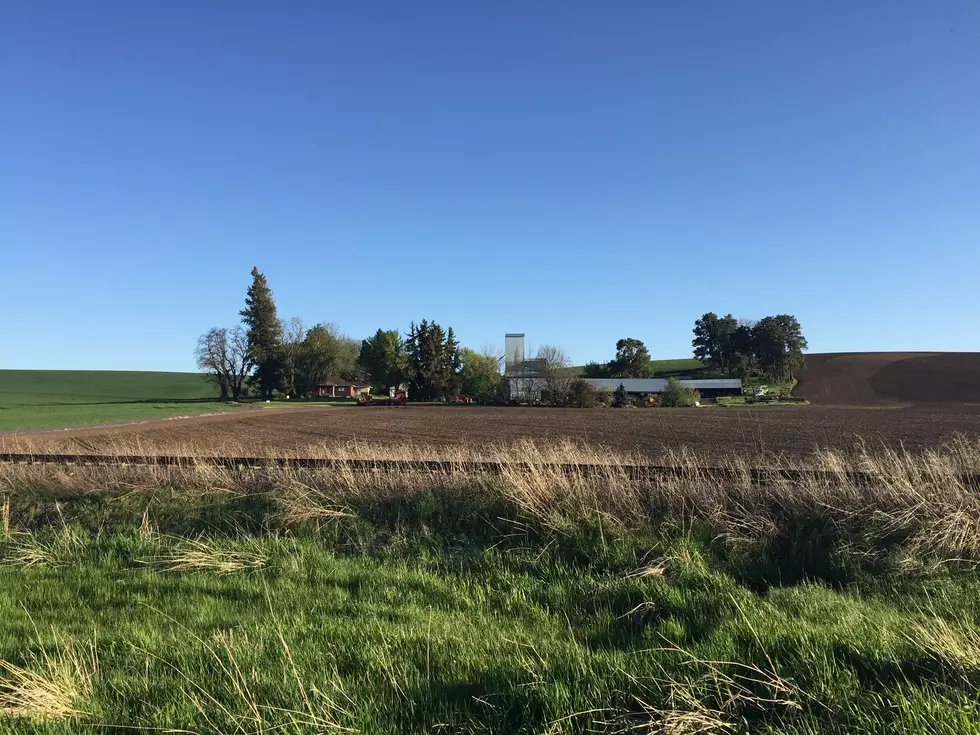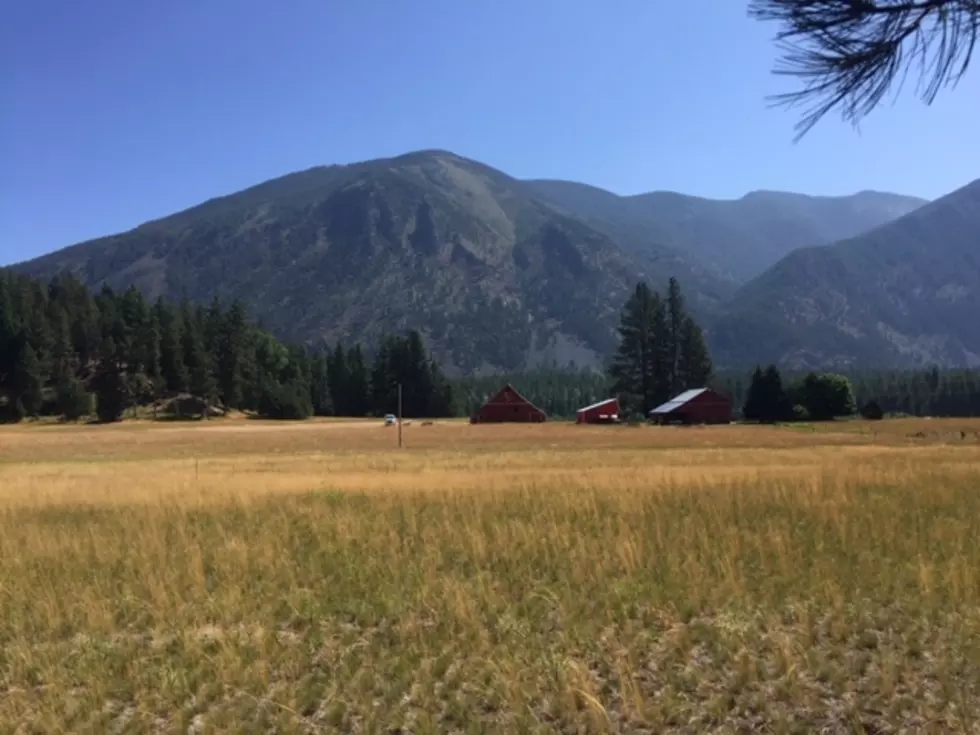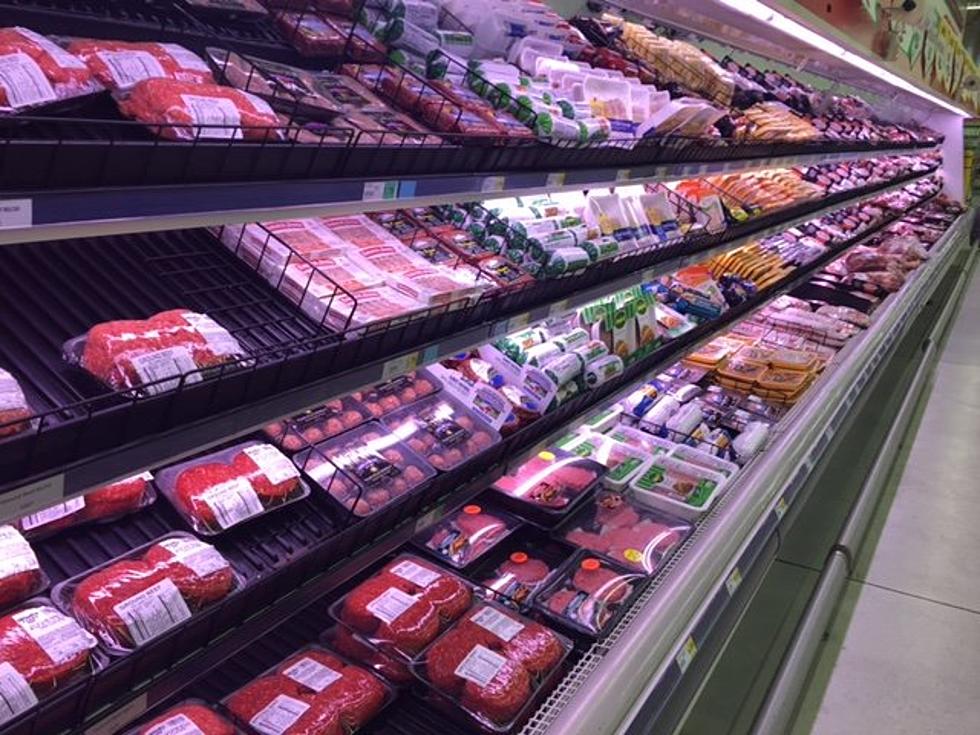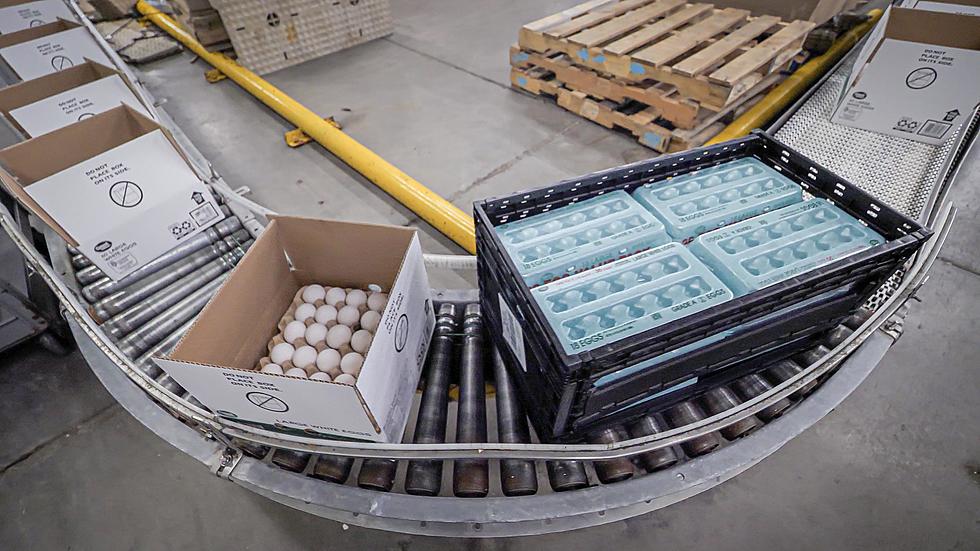
Goss: The Rural Economy Is Struggling
The Creighton University October Rural Mainstreet Index dropped for the sixth time in the last seven months. It’s the fifth-consecutive month that the index has been below growth neutral. Creighton University’s Dr. Ernie Goss said the index shows the rural economy is struggling.
“The rural Main Street economy is weak and, to some degree, getting somewhat weaker. So, it was not a good report. All in all, some factors stood out but overall, it was not a good month. It’s a lot to do with the businesses on Main Street. That would be the retailers, the small leisure and hospitality, that would be restaurants and bars and hotels and motels, and such, those are not very good at all.”
Goss said farmers in their survey area still seem to be doing well despite economic headwinds.
“The farmer is in reasonably good condition, at least according to bankers. They expect delinquencies and defaults to come down in 2023. Now that was a surprise to me. Also, the farm equipment sales declined for two of the last three months, as in August and September they were up and then, again, back in October, down. And of course, that has a lot to do with interest rates and the outlook for the farmer is that farmers are purchasing less new equipment and resorting to some older, used equipment.”
Goss said higher inflation rates are a challenge but there’s more to the economic struggles than that.
“It’s higher interest rates, of course, and we're going to get another rate hike next week from the Federal Reserve, and I think we'll get one more in December and that may be it," Goss said. "I think Fed’s going to pull back on their rate hikes, but it's still having negative impacts. But also, the global economy, of course, is very weak. You have shutdowns and lockdowns in China. Of course, China's a big customer of farmers in this part of the country, and that's showing up in our surveys. Likewise, Europe and some concerns in terms of supplies on the input side for the farmer, what's going on in Ukraine, and that has an impact on raising costs. For example, natural gas prices are putting a pinch on some parts of the farm economy. And then finally, a drought certainly in the western part of the region that we survey.”
Recession is a word that popped up several times in the October survey.
“Almost 100%, between 99% and 100% of the bankers say we're either in a recession right now, or we're going to be in one in 2023," Goss continued. "I think next week, when the BEA releases its quarterly GDP number for the third quarter, I think it's gonna be sort of okay, meaning around 2% growth that's annualized and season-adjusted. That makes it not a recession. Now, normally we use two consecutive quarters of declining GDP. Well, we met that this year when quarter one was negative, quarter two was negative in terms of growth, and quarter three is going to come in, I think, slightly positive.”
If you have a story idea for the PNW Ag Network, call (509) 547-9791, or e-mail glenn.vaagen@townsquaremedia.com
More From PNW Ag Network









